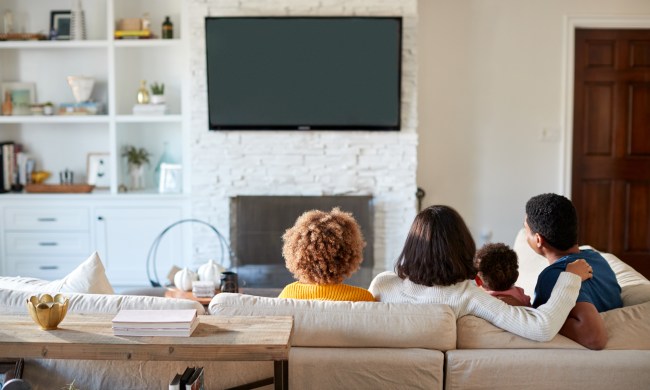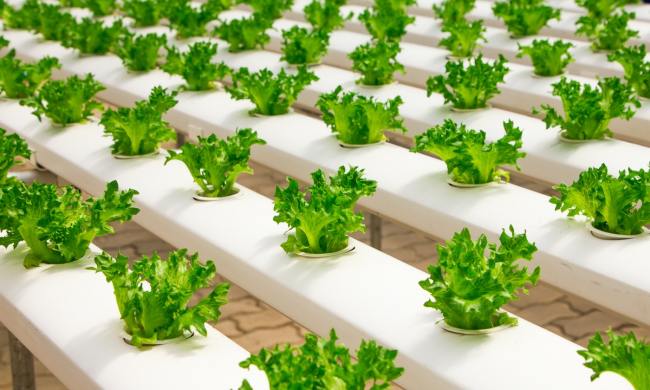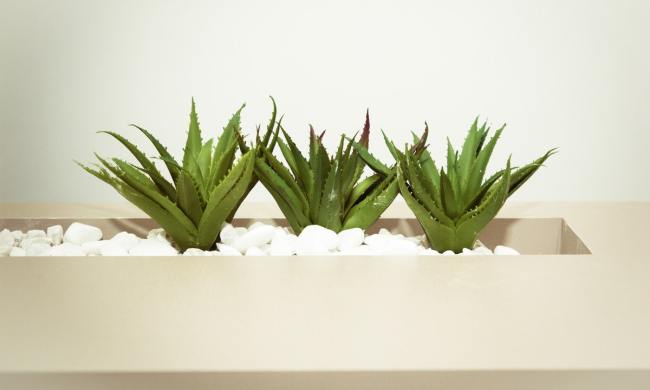Paper straws, reusable ziplock baggies, compostable coffee filters—that’s just the beginning of the small ways we can lower our impact on the planet. For those gardeners looking to take a more significant step, you might be interested in implementing solar panels to capture your own energy to use in the garden and within your home. However, this isn’t as easy as bringing your own straw to a restaurant or replacing your coffee filters. Solar panels are intimidating and complicated, so let’s dive into find out how to add these to your garden.
Solar power benefits
First, let’s talk about the benefits of solar power: It’s renewable, sustainable, and plentiful. Of course, we’re all familiar with the fact that you can lower your energy consumption by catching your own with solar power. In addition to that, adding solar panels to your home can lower your electricity bills, reduce greenhouse gases created by electric companies, increase the value of your home, and sometimes you can even get tax credits. Solar power is also a pretty flexible system that you can either go big with by installing huge panels on your roof or keep it simple with mini-panels to power pond fountains. This makes it accessible to everyone, and it’s a great way to dip your toe in, instead of investing thousands of dollars upfront.
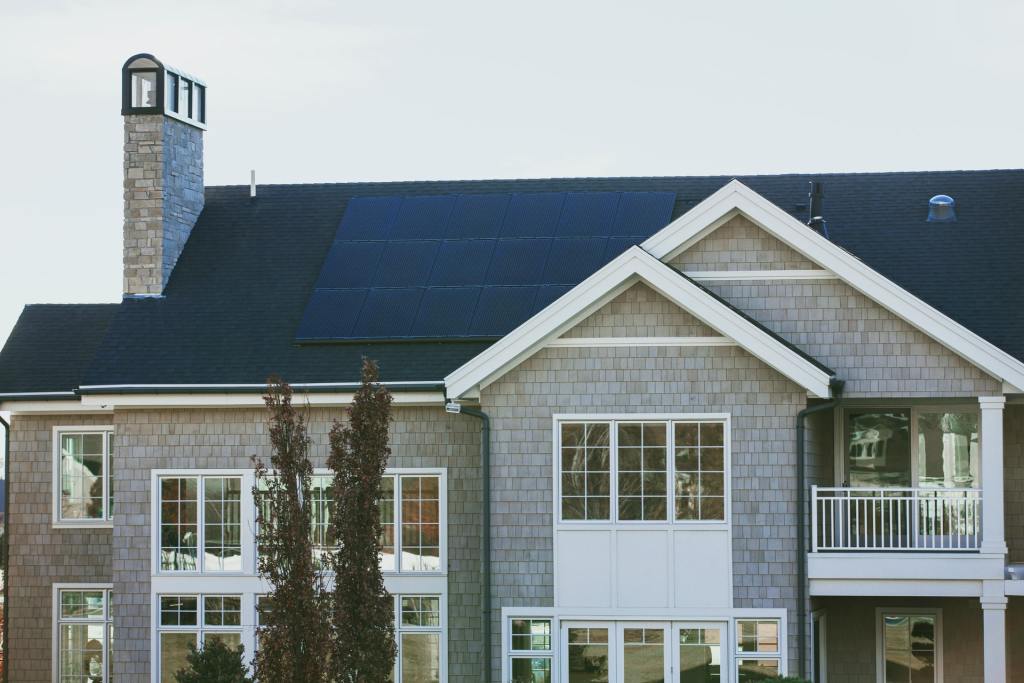
Why use solar power in your garden?
If you have a garden, you might feel the need to do more for the planet’s health, and solar power is a great place to start. The majority of the United States has access to excellent solar power opportunities, and those of us with gardens tend to have a plot of land that is open enough to benefit from solar panels. You can install them and put them on a system that powers your home or even charges a battery, so you have power even if the grid goes out. This could mean life and death to those with hydroponic or aquaponic systems. Not to mention you’ll be lowering your carbon footprint more than you already are by having your garden.
Residential solar power options
Maybe you’re only familiar with the large solar panels you see in Arizona or on modern-style rooftops. These are fantastic options and can be applied in a residential area, but there are other options as well. For example, smaller options can power fountains, electric fences, or lights around your home and garden. These are low-cost ways to start investing in solar energy. Other options are larger panels installed on the roof of your house, garage, shed, or even panels installed on the ground. To maximize your return on these more extensive panels, you can set up rain collection systems so that the panels are collecting sunshine during sunny days and rainwater during storms. Just keep in mind that collecting rainwater isn’t legal everywhere, so be sure to check out your local laws and regulations.
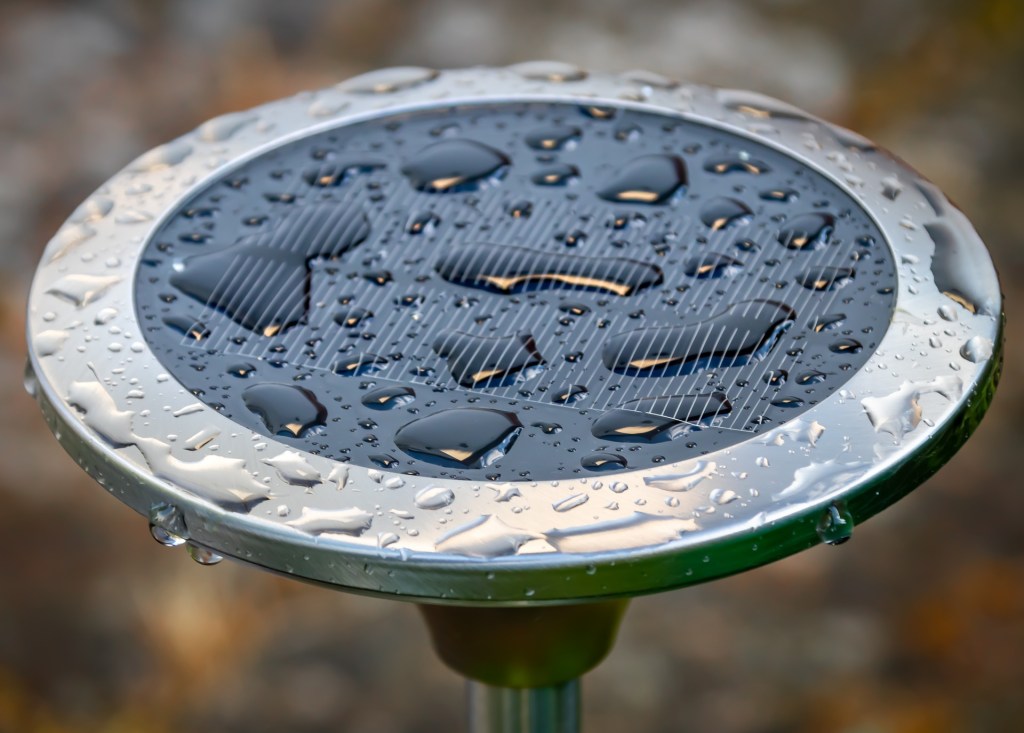
What to consider before investing in solar power
Before you get excited and go buy some solar panels for your home, there are a few things you’ll want to consider.
Installation
First, there’s the ease of installation. This ranges widely depending on the type of solar panels you’re looking into and will be a considerable cost point if you have to hire it out. Mini solar panels that power fences or fountains often need to be mounted to a fence pole and plugged in. However, panels installed onto the roof of a barn, house, or shed will need to be up to code. Incorrect installation of these panels can cause serious issues.
Budget
How much you have to invest in solar panels will also determine the size and types of panels you can realistically purchase. So take some time to think about how much you’re willing to put into these panels, and try to remember that you’ll likely get your investment back over time with the amount of money you’ll be saving.
Maintenance
Even small solar panels need to be cleaned off and occasionally have parts repaired. The amount of maintenance will greatly depend on the number of panels you have and how large they are. If you have panels across your roof, you might need to hire professionals to come and clean them once a year.
Local laws and restrictions
Not every state, county, and city are as solar panel friendly as we’d like them to be. While many states offer tax breaks or even rebates to those willing to install solar panels, it’s not the same for everyone. So before spending money on these panels, be sure to check your local laws and regulations regarding solar panel use.
It doesn’t matter what you try first; any amount of solar energy that you add to your home is better than nothing. With the smaller panels becoming more and more popular, there’s an option for everyone.
